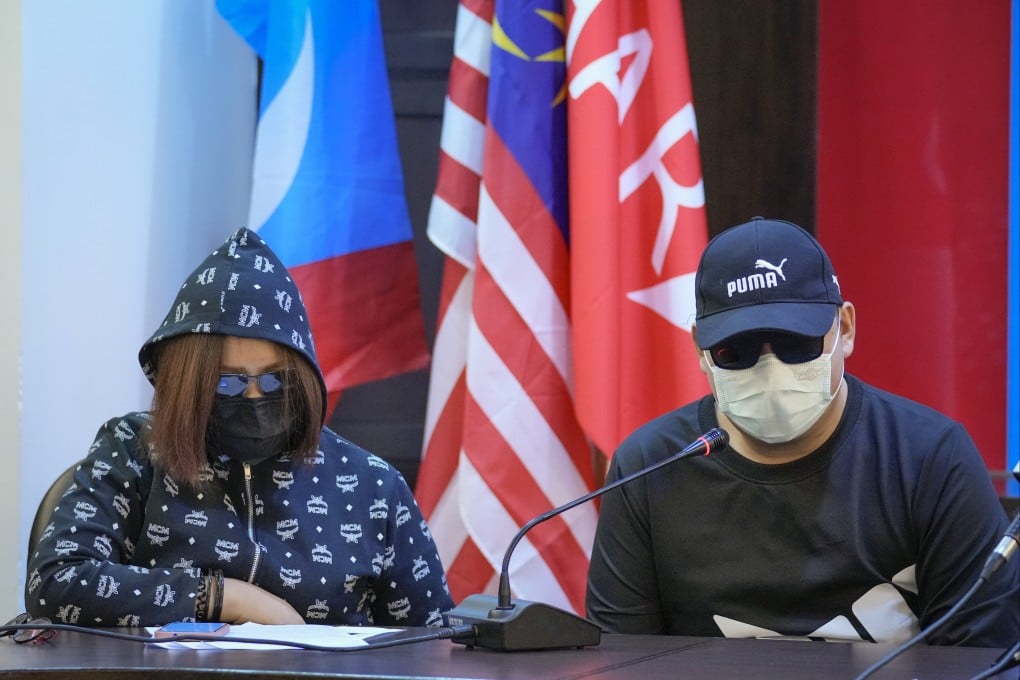Advertisement
Malaysia sets up Hong Kong-style ‘special committee’ to rescue Southeast Asia job scam victims
- A foreign ministry-led multi-agency panel will be formed to secure safe return of Malaysians held captive in scam centres in Cambodia, Laos and Myanmar
- Lawmaker involved with rescue efforts revealed a local resident was recruiting people for the scam, while a freed victim recalled his ordeal at a casino
Reading Time:4 minutes
Why you can trust SCMP

Malaysia’s government has said it will set up a committee dedicated to rescuing citizens who have fallen victim to job scam networks across Southeast Asia’s Mekong region amid continued national attention over the issue.
The illegal enterprises – which are widely seen as an emerging form of human trafficking – have come into focus after reports last week about the death of a Malaysian man in one such scam.
Hundreds of Malaysians are believed to have fallen victim to false offers of lucrative overseas jobs, only to end up working in scam centres set up in Cambodia, Laos and Myanmar conning tens of millions of dollars each week from people across Asia with fake investment schemes and the promise of online romance.
Advertisement
Prime Minister Ismail Sabri Yaakob’s government said in a statement late on Wednesday that the cabinet will form a multi-agency committee to be led by the foreign ministry.
Amid heightening public pressure over the issue, Ismail Sabri had earlier said his administration would use “all available channels” to secure the safe return of Malaysian victims.
Advertisement
Advertisement
Select Voice
Select Speed
1.00x